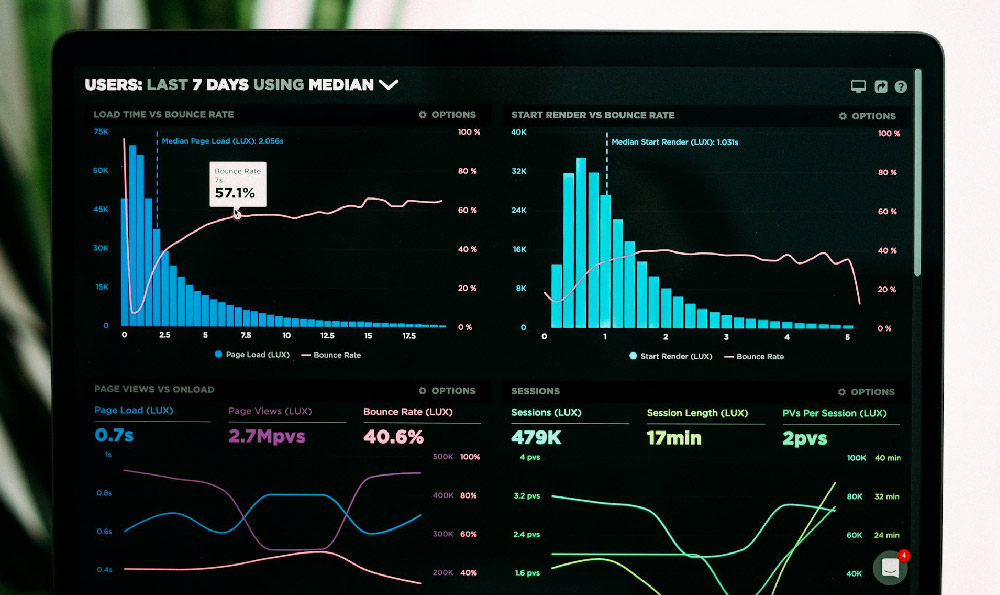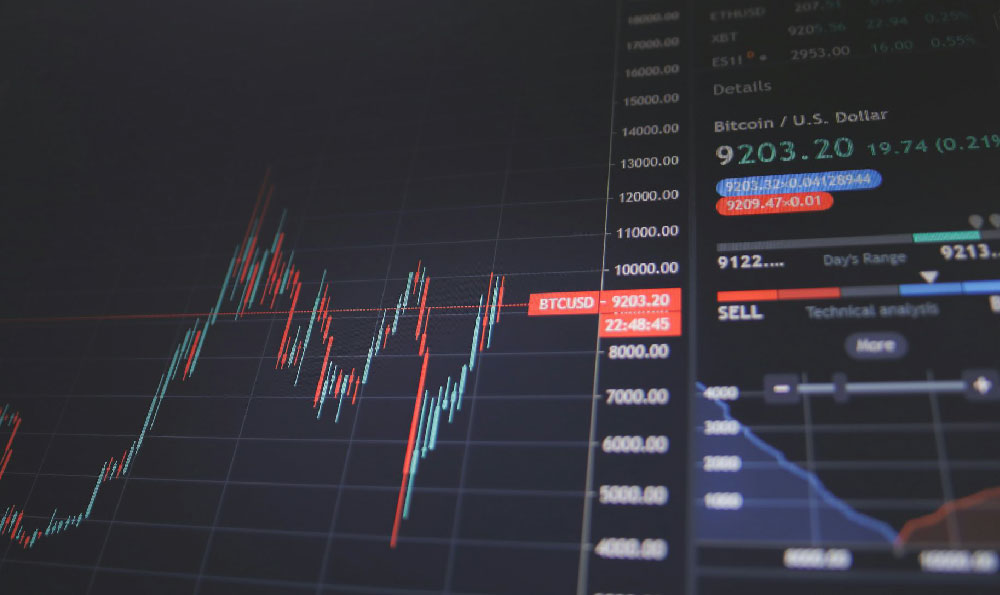Where Can I Buy Cryptocurrency, and Should I?

Navigating the world of cryptocurrency can feel like entering a labyrinth, filled with exciting possibilities and daunting complexities. Before diving into the "where" and "should," it's crucial to establish a foundational understanding of what cryptocurrency represents and what it does not represent. Cryptocurrencies are digital or virtual currencies that utilize cryptography for security, making them difficult to counterfeit. They operate on a decentralized technology called blockchain, meaning no single entity controls them, offering a level of transparency and autonomy traditional financial systems often lack. However, this decentralization also introduces volatility and regulatory uncertainties.
Now, addressing the "where" – the platforms for acquiring cryptocurrency are diverse, each with its own advantages and disadvantages. Cryptocurrency exchanges, like Coinbase, Binance, Kraken, and Gemini, are the most common gateways. These platforms act as intermediaries, facilitating the buying, selling, and trading of various cryptocurrencies. They typically offer a range of features, from simple interfaces for beginners to advanced trading tools for experienced investors. When choosing an exchange, factors to consider include security measures (two-factor authentication, cold storage of assets), supported cryptocurrencies, transaction fees, ease of use, and regulatory compliance. A platform operating legally within your jurisdiction provides a degree of protection should issues arise.
Beyond centralized exchanges, decentralized exchanges (DEXs) like Uniswap and PancakeSwap offer a different approach. DEXs operate without intermediaries, allowing users to trade directly with each other using smart contracts. While potentially offering greater privacy and control, DEXs can be more complex to use and may involve higher transaction fees due to gas costs on the blockchain. They also expose users to risks associated with smart contract vulnerabilities and impermanent loss if participating in liquidity pools.

Another avenue for acquiring cryptocurrency is through peer-to-peer (P2P) platforms like LocalBitcoins or Paxful. These platforms connect buyers and sellers directly, allowing for more flexible payment methods and potentially better prices. However, P2P trading carries inherent risks, including scams and fraud, so it's crucial to exercise caution and use reputable platforms with escrow services and robust dispute resolution mechanisms.
Moving on to the more critical question: "Should you buy cryptocurrency?" This isn't a straightforward yes or no answer. It depends entirely on your individual financial situation, risk tolerance, and investment goals. Cryptocurrency investments are inherently speculative and carry significant risks. The value of cryptocurrencies can fluctuate dramatically in short periods, leading to substantial losses. It's essential to understand this volatility and only invest what you can afford to lose. Never invest more than you are willing to part with.
Before investing, conduct thorough research (often referred to as "DYOR" – Do Your Own Research). Understand the specific cryptocurrencies you're considering, the underlying technology, the team behind the project, and the market conditions. Don't rely solely on hype or social media trends. Look for credible sources of information, such as whitepapers, academic research, and reputable financial news outlets.
Think of cryptocurrency as part of a diversified portfolio, not the entirety of it. Don't put all your eggs in one basket. Allocate a small percentage of your overall investment portfolio to cryptocurrency, ensuring that your core investments remain in more stable and traditional assets like stocks, bonds, and real estate. This helps mitigate risk and provides a buffer against potential losses in the cryptocurrency market.
Consider your investment horizon. Are you looking for short-term gains or long-term growth? Cryptocurrencies can be highly volatile in the short term, so a long-term perspective is often more prudent. Avoid trying to time the market, which is notoriously difficult, even for experienced traders. A dollar-cost averaging (DCA) strategy, where you invest a fixed amount regularly regardless of the price, can help smooth out volatility and reduce the risk of buying at the peak.
Be aware of the regulatory landscape. Cryptocurrency regulations are still evolving, and the legal status of cryptocurrencies varies widely across jurisdictions. Stay informed about the regulatory environment in your country and any potential tax implications of cryptocurrency investments.
Security is paramount. Protect your cryptocurrency holdings by using strong passwords, enabling two-factor authentication on your exchange accounts, and storing your cryptocurrency in a secure wallet. Hardware wallets, also known as cold storage, are considered the most secure option, as they store your private keys offline, away from the reach of hackers. Be wary of phishing scams and never share your private keys with anyone.
Finally, remember that cryptocurrency investing is a learning process. Start small, educate yourself continuously, and be prepared to adapt your strategy as the market evolves. Don't be afraid to seek advice from qualified financial advisors, but always do your own research and make your own informed decisions. Approach cryptocurrency with a healthy dose of skepticism and a clear understanding of the risks involved. Investing in cryptocurrency can be rewarding, but it requires diligence, patience, and a long-term perspective.















